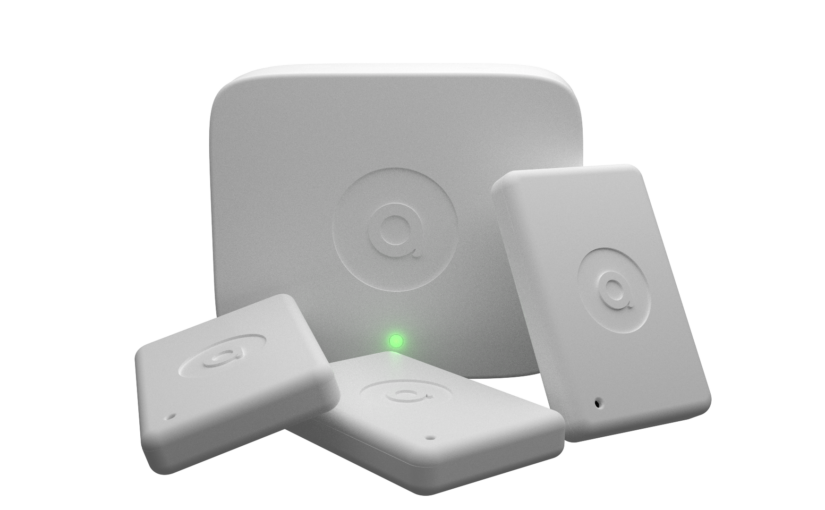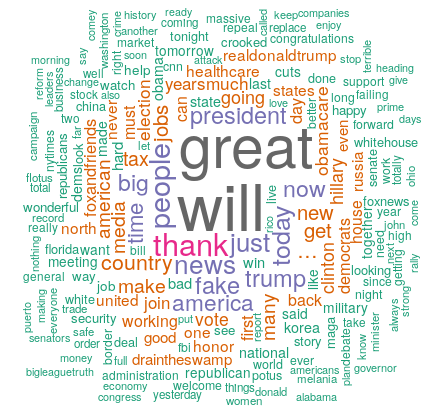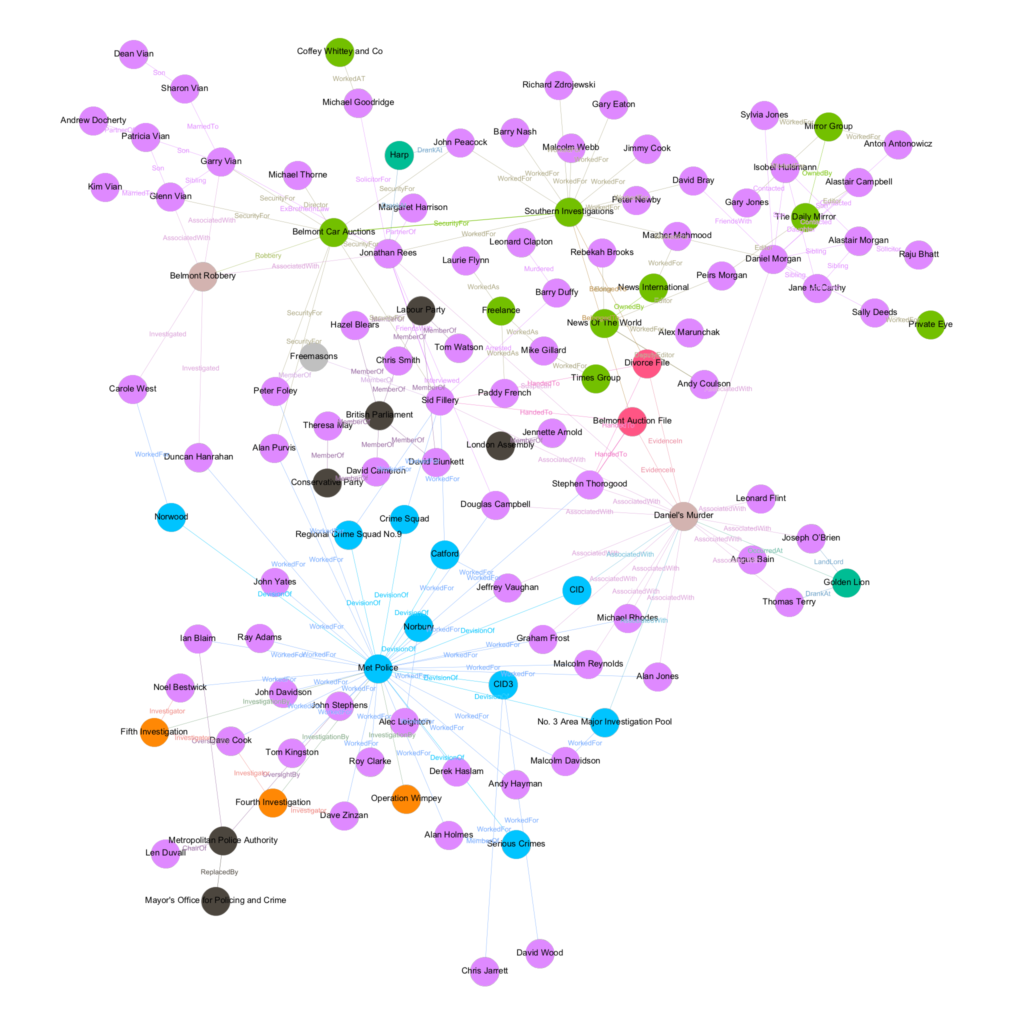The Institute for Safe Autonomy and the School for Business and Society at the University of York are leading a pilot study into the use of internal environment monitoring systems that could help with the detection of damp and mould in homes. Led by Philip Garnett, a professor in the School for Business and Society and Ethics Pillar Lead in the Institute for Safe Autonomy, and in collaboration with North Star Housing Group, AwareTag, and Waterstons. We will be placing sensors into social housing for the purpose of monitoring temperature and humidity levels with the aim of detecting conditions that might result in damp and the growth of mould, conditions that might eventually pose a risk to the tenant’s health. The project will run throughout 2024, and is focused on engagement with social housing tenants around the use of autonomous sensor systems in homes for the use in this sort of predictive analytics.
There has been a lot of interest in the issue of damp and mould in housing due to a number of tragic incidents over recent years, including the death of a two-year old Rochdale boy in late 2020. Due to this and other similar incidents there has been increased scrutiny of damp and mould in social housing by the Government, regulators and the Ombudsman, including the Government proposing changes to the Social Housing (Regulation) Act. The result of this will be more regulatory oversight of the management of damp and mould in homes. To assist with the monitoring of housing some social housing landlords are deploying internet of things technology (IoT), and other AI or machine learning driven technologies, in the form of temperature, humidity, and sometimes carbon dioxide sensors, with the hope that such technology can detect issues before it becomes a serious problem, and allow the landlord to act accordingly.
Rather than to focus on the efficacy of the technology alone, the purpose of this pilot study is to engage directly with the tenants of social housing to understand how they feel about the deployment of such sensors in their homes. With North Star Housing Group we will be conducting focus groups with groups of tenants to discuss the use of sensors broadly, enabling an open discussion about the positive and negative aspects of their use. AwareTag will also be supporting the deployment of sensors in a small number of homes to research their use in practice, and get feedback on the technology from tenants. Waterstons are also providing advice on how the technology can be secured and the privacy of tenants protected. The views of the tenants are central to this issue, and their opinion on whether a technological solution is in fact a valid solution to this issue, and if it is how that technology should be used and deployed. It is expected that this pilot study will lead to future research projects at a larger scale.
“We are very excited to be working on this project, as it allows us to work with our customers to understand a landlords role in IoT devices and the data they produce. We are always looking for ways to innovative to provide an enhanced customer experience and offer but this work ensures we are doing so, consciously and keeping our customers involved”.
Sean Lawless – North Star Housing Group
This is a reposting of a blog posted on the Institute for Safe Autonmy’s LinkedIn page.


